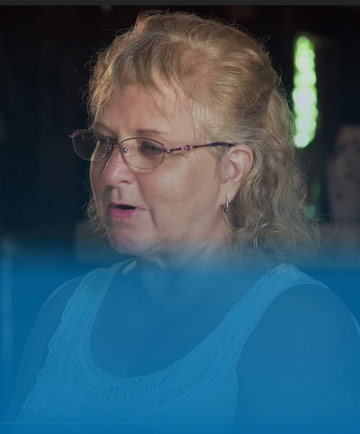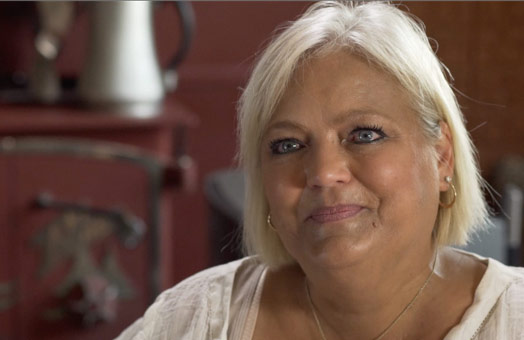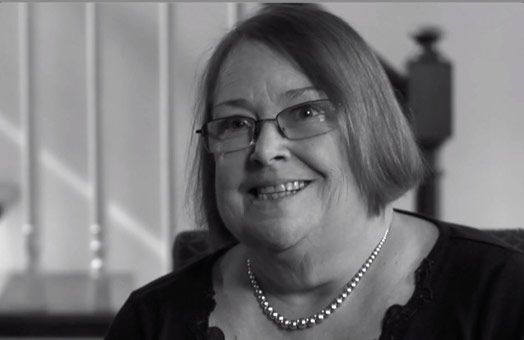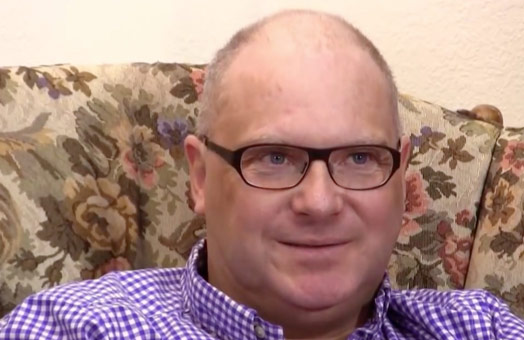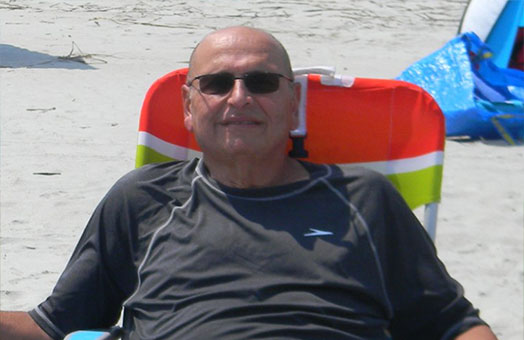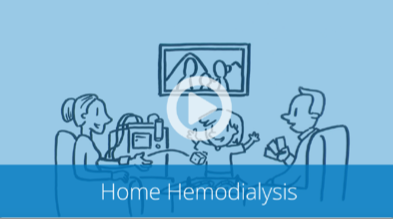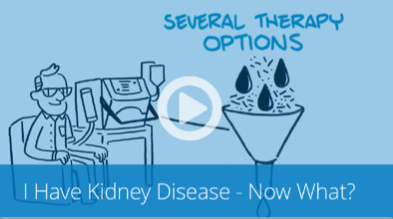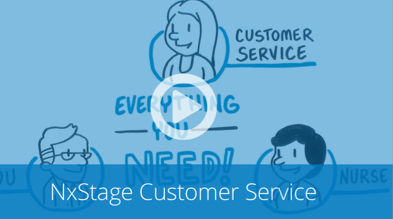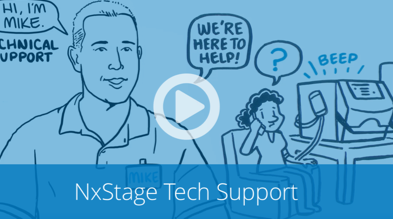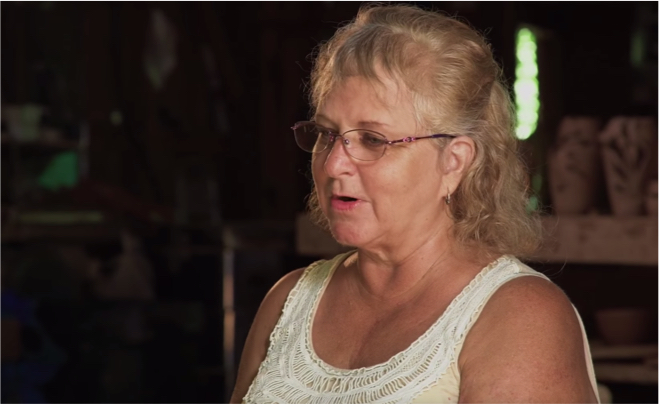Share Your Story
Do you or a loved one have an inspiring story about the life-changing benefits home hemodialysis? We want to hear it!
NxStage Resource Videos
Talk to a Patient Consultant
The reported benefits of peritoneal dialysis may not be experienced by all patients.
Peritoneal dialysis does involve some risks that may be related to the patient, center, or equipment. These include, but are not limited to, infectious complications. Examples of infectious complications include peritonitis and exit-site and tunnel infections. Non-infectious complications include catheter complication such as migration and obstruction, peritoneal leaks, constipation, hemoperitoneum, hydrothorax, increased intraperitoneal volume, and respiratory and gastric issues. It is important for healthcare providers to monitor patient prescriptions and achievement of adequate fluid management goals.
Patients should consult their doctor to understand the risks and responsibilities of performing peritoneal dialysis.
The reported benefits of home hemodialysis (HHD) may not be experienced by all patients.
The NxStage System is a prescription device and, like all medical devices, involves some risks. The risks associated with hemodialysis treatments in any environment include, but are not limited to, high blood pressure, fluid overload, low blood pressure, heart-related issues, and vascular access complications. When vascular access is exposed to more frequent use, infection of the site, and other access related complications may also be potential risks. The medical devices used in hemodialysis therapies may add additional risks including air entering the bloodstream, and blood loss due to clotting or accidental disconnection of the blood tubing set.
Home hemodialysis with the NxStage System during waking hours may not require a care partner, provided a physician and a qualified patient agree that solo home hemodialysis is appropriate. Patients performing nocturnal treatments are required to have a care partner. Care partners are trained on proper operation and how to get medical or technical help if needed.
Certain risks associated with hemodialysis treatment are increased when performing solo HHD because no one is present to help the patient respond to health emergencies. If patients experience needles coming out, blood loss, or very low blood pressure during solo HHD, they may lose consciousness or become physically unable to correct the health emergency. Losing consciousness or otherwise becoming impaired during any health emergency while alone could result in significant injury or death. Additional ancillary devices and training are required when performing solo HHD.
Certain risks associated with hemodialysis treatment are increased when performing nocturnal therapy due to the length of treatment time and because therapy is performed while the patient and care partner are sleeping. These risks include, but are not limited to, blood access disconnects and blood loss during sleep, blood clotting due to slower blood flow and/or increased treatment time, and delayed response to alarms when waking from sleep.
Patients should consult their doctor to understand the risks and responsibilities of performing these therapies using the NxStage System.







